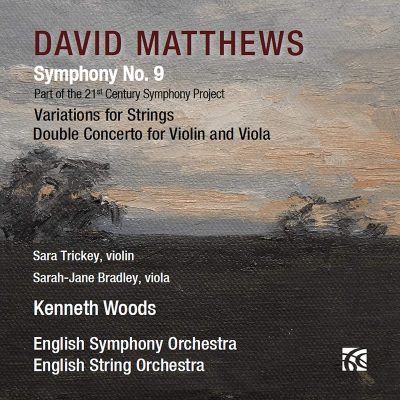American Record Guide on David Matthews Symphony No. 9
From the October 2019 issue of American Record Guide
MATTHEWS:Symphony 9; Variations; Double Concerto
Sara Trickey v; Sarah-Jane Bradley, va; English Symphony & String Orchestra/ Kenneth Woods
Nimbus 6382— 64 minutes
His Symphony 9 (2016) is based on a simple tune by his wife, which introduces the proceedings and is then fragmented and developed. II is a wild scherzo, III a lyrical slow movement with beautiful harmonic vision; bird song appears about halfway through. IV is a dance, which leads to V’s dreamy haze, followed by development of fragments of the tune, stormy drama, a transcendent return of the tune, and eventual triumph. This is entirely convincing and should please anyone interested in recent British symphonic writing.
The Variations (1986), for string orchestra, are based on Bach’s ‘Die Nacht ist Kommen’, which appears at the end to reflect the meaning of the text. The variations are very free and work with fragments of the chorale rather than its literal quotation. A little jazz somewhat incongruously pops up in one of the variations, though it seems to be more tongue-in-cheek than anything else. Ghostly fragments of the chorale lead to a radiantly beautiful full chorale, finally concluding with a rambunctious coda. The work is considerably opaque, but it is quite involving once one gets the hang of it.
The Double Concerto (2013), for violin and viola with string orchestra, is inspired by Mozart’s work with the same combination. I is a dance, II a troubled slow movement with episodes of transcendence and the arrival of birds, and the finale a folk-like gigue. The middle movement is much too long and will likely discourage further performances.
Be that as it may, the program contains much interesting music. This is very much worth your while particularly if you don’t know this composer, who is best known in Britain, along with his brother Colin, an excellent composer as well. Fine performances. Detailed notes by the composer.


